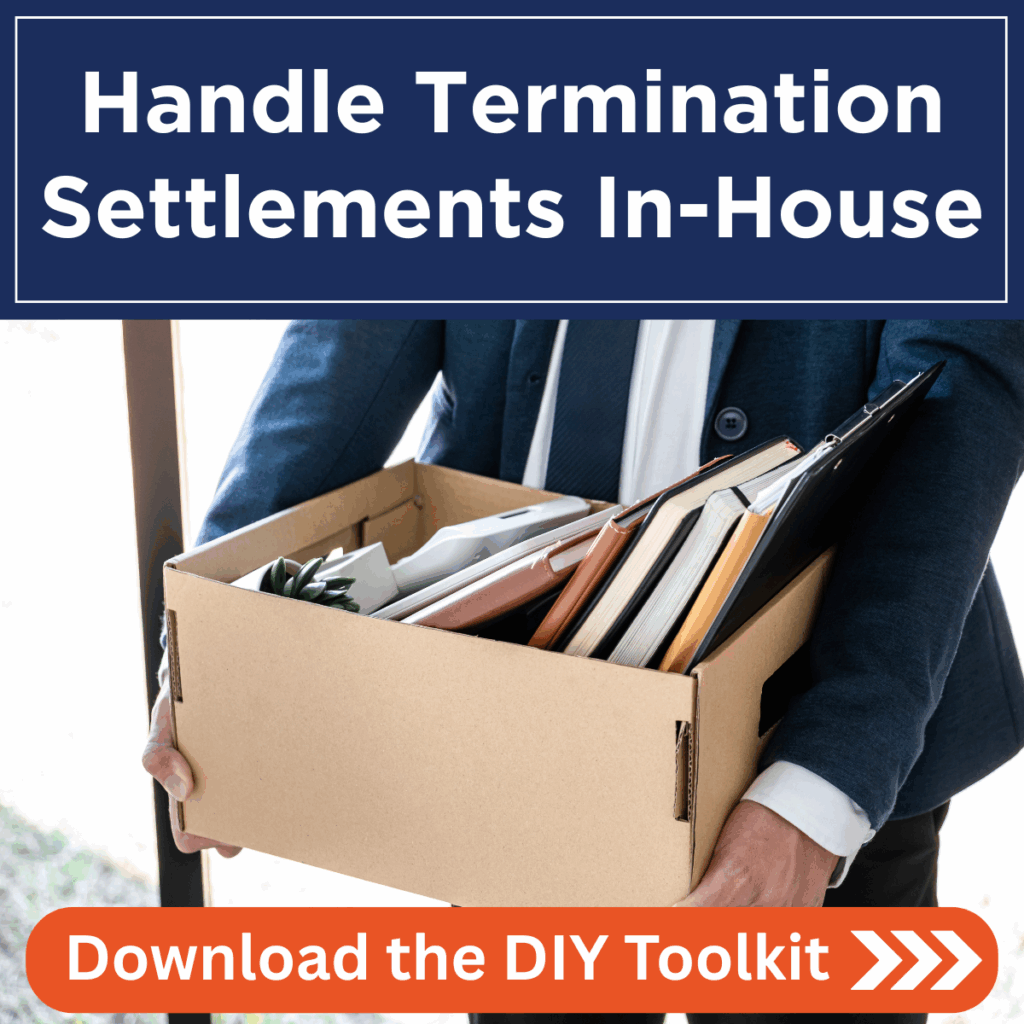By Andrew Victor and Robert Nichols
In closing out its most recent term, the U.S. Supreme Court released an opinion, Food Marketing Institute v. Argus Leader Media (FMI), that re-defined the scope of Exemption 4 of the Freedom of Information Act (FOIA), which addresses confidential commercial or financial information. The decision overturned the long-standing “substantial competitive harm” test first articulated by the Court of Appeals for the D.C. Circuit in National Parks & Conservation Association v. Morton, a decision widely adopted by various courts around the country. We expect that the decision will allow contractors to invoke Exemption 4 more easily to prevent unwanted disclosures of their information.
FOIA’s Exemption 4 prevents the disclosure of “trade secrets and commercial or financial information obtained from a person and privileged or confidential.” In National Parks, the D.C. Circuit held that the person seeking to prevent disclosure under Exemption 4 had to demonstrate that release of the information would cause “substantial competitive harm.” But in FMI, the Supreme Court concluded that “substantial competitive harm” could not be supported by FOIA’s text and jettisoned the test. The Court stated that “confidential” in Exemption 4 means information “customarily kept private” or “closely held,” and that such information may remain confidential when disclosed — such as when submitted by a contractor to an agency — if the party receiving it provides some assurance that it will remain secret.” With this definition in hand, the Court held the following: “At least where commercial or financial information is both customarily and actually treated as private by its owner and provided to the government under an assurance of privacy, the information is ‘confidential’ within the meaning of Exemption 4.”
For government contractors, FMI should make it easier to protect information from unwanted disclosure because there is no need to show “substantial competitive harm.” Given the recency of the decision, if a contractor is trying to prevent disclosure of its information and the agency finds that the contractor has not shown substantial competitive harm, the contractor must point out that the agency is using the wrong test.
For the new test, contractors should clearly document that the information at issue is customarily kept private within the company. This can be done through adhering to company policies that prohibit the disclosure of the information and by placing protective legends and coversheets on documents. Further, contractors should review their training of employees to ensure that when information is given to an agency, it has been handled in a way to maintain secrecy and to communicate that clearly to the agency.
Regarding the “assurance of privacy” from the government, contractors should ask for such assurance up front before handing over their information. Even if such reassurance appears redundant due to the contractor’s business relationship with the agency, the contractor should get written confirmation from agency personnel, ideally the contracting officer, stating that the agency recognizes the information from the contractor is confidential and will handle such information appropriately. Additionally, agencies will respond themselves to FMI and produce their own guidance. Contractors should ask for such guidance whenever providing confidential information to an agency.
In taking these proactive steps, contractors should be able to establish whether information qualifies as “confidential” under Exemption 4. Thus, a contractor can make an agency’s decision to withhold information subject to a FOIA request easier, that is — not to disclose confidential information.
